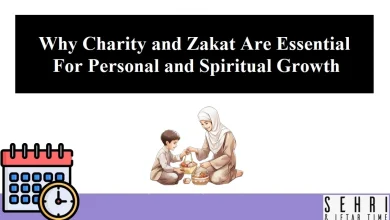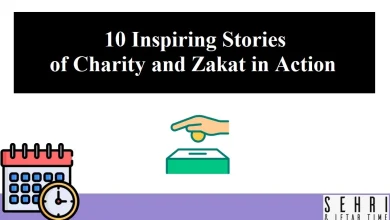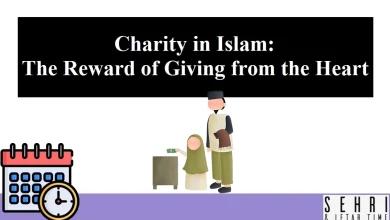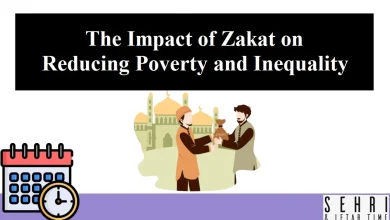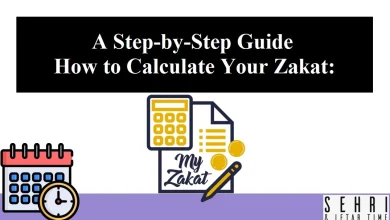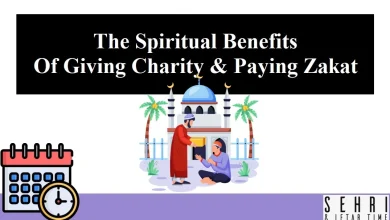The Role of Zakat in Building a Just and Compassionate Society
The Role of Zakat in Building a Just & Compassionate Society
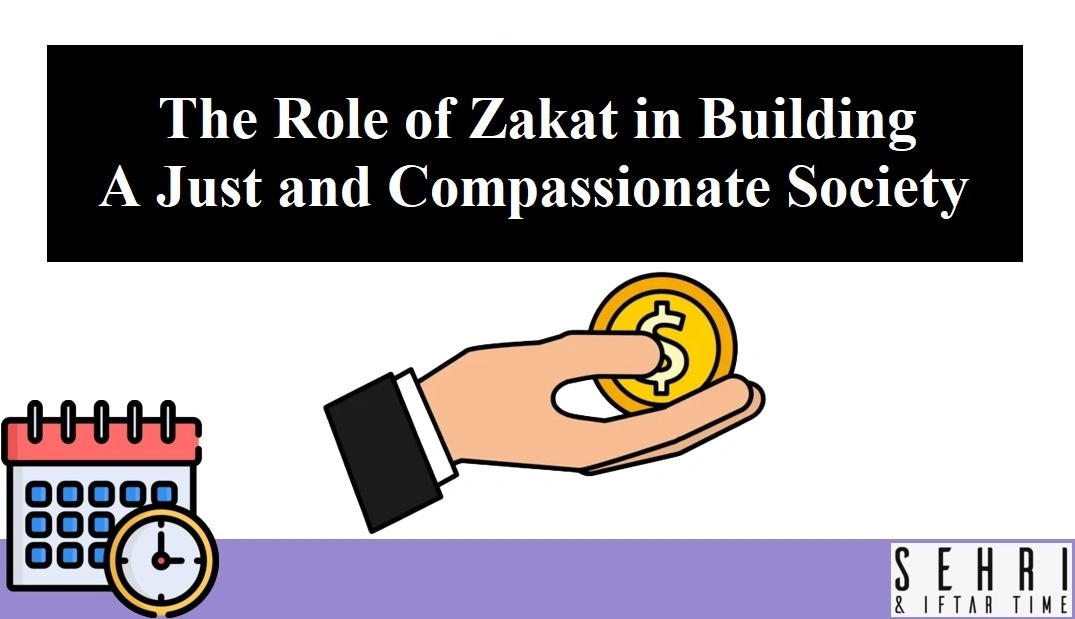
The Role of Zakat in Building a Just and Compassionate Society: Zakat, one of the Five Pillars of Islam, is far more than a religious obligation; it is a profound mechanism for fostering justice, equity, and compassion in society. Derived from the Arabic word meaning “purification” and “growth,” zakat represents a system of wealth redistribution designed to bridge the gap between the affluent and the needy. By channeling resources to those in need, zakat not only alleviates poverty but also promotes social harmony, economic stability, and a sense of collective responsibility. This article explores the transformative role of zakat in creating a just and compassionate society.
Zakat: A Divine Mandate for Social Justice
Islam recognizes the inherent inequalities in human society and provides zakat as a means to address them. As a mandatory charity, zakat requires Muslims to contribute 2.5% of their accumulated wealth annually to those eligible. The Quran emphasizes its importance, stating, “Take from their wealth a charity by which you purify them and cause them to increase” (9:103). This verse underscores the dual purpose of zakat: purifying the giver’s heart from greed and fostering spiritual growth while uplifting the recipients.
The beneficiaries of zakat are clearly outlined in Surah At-Tawbah (9:60), which identifies eight categories, including the poor, the needy, those in debt, and wayfarers. This specificity ensures that zakat addresses critical social and economic challenges, targeting those most in need of support.
Alleviating Poverty and Economic Inequality
One of the most significant impacts of zakat is its role in poverty alleviation. By redistributing wealth, zakat provides a lifeline to the underprivileged, enabling them to meet their basic needs such as food, clothing, and shelter. This redistribution is not a one-time act of charity but an institutionalized system that ensures ongoing support for vulnerable populations.
Moreover, zakat addresses economic inequality by narrowing the gap between the rich and the poor. In societies where wealth disparity often leads to social unrest, zakat serves as a stabilizing force. It fosters a sense of inclusivity and belonging, reducing feelings of marginalization among the less fortunate.
Strengthening Social Bonds
Zakat goes beyond material aid; it is a means of building empathy and compassion within communities. When the wealthy share their resources with those in need, it fosters mutual respect and understanding. This act of giving is not viewed as a favor but as a fulfillment of a divine responsibility, promoting humility and gratitude among both the giver and the receiver.
The collective act of zakat also strengthens social cohesion. By addressing the needs of the less fortunate, communities become more united, reducing divisions based on economic status. This unity is a cornerstone of a just and compassionate society, where individuals feel interconnected and responsible for one another’s well-being.
Charity in Islam: The Reward of Giving from the Heart [Sadaqah]
Promoting Economic Growth and Stability
While zakat is often viewed as a form of charity, its economic implications are profound. By injecting funds into the hands of those most likely to spend them, zakat stimulates local economies. Recipients of zakat can use the assistance to start small businesses, pursue education, or invest in skill development, creating pathways to financial independence.
In this way, zakat transforms recipients into contributors, breaking the cycle of poverty and reducing dependency. This self-reliance not only benefits individuals but also strengthens the overall economy, creating a more robust and equitable society.
Encouraging Accountability and Ethical Wealth Management
Zakat instills a sense of accountability among Muslims regarding their financial resources. Wealth is viewed as a trust from Allah, and its proper utilization is a moral obligation. By mandating the annual payment of zakat, Islam ensures that wealth does not remain concentrated in the hands of a few but circulates for the benefit of society as a whole.
This ethical approach to wealth management challenges the greed and materialism often associated with capitalism. It reminds individuals that their success is intertwined with the welfare of others, fostering a culture of generosity and ethical financial practices.
The Role of Modern Institutions in Administering Zakat
In contemporary societies, the effective administration of zakat is crucial to realizing its full potential. Institutions and organizations dedicated to zakat collection and distribution play a pivotal role in ensuring transparency, accountability, and efficiency. By leveraging modern technologies, such institutions can reach a broader audience, identify eligible recipients, and track the impact of zakat contributions.
For example, digital platforms and mobile applications have made it easier for Muslims to calculate and pay their zakat. These innovations also facilitate data collection, enabling organizations to assess community needs and allocate resources effectively. Such advancements highlight the relevance of zakat in addressing modern challenges while staying true to its foundational principles.
Zakat as a Catalyst for Global Change
The principles of zakat extend beyond individual communities, offering a framework for addressing global challenges such as poverty, hunger, and inequality. If implemented on a larger scale, zakat has the potential to create a significant impact worldwide. For instance, collective zakat contributions from the global Muslim population could fund education, healthcare, and infrastructure projects in underdeveloped regions, fostering sustainable development and reducing global disparities.
Conclusion
Zakat is more than a charitable obligation; it is a transformative force that upholds justice, fosters compassion, and strengthens communities. By redistributing wealth and addressing the needs of the less fortunate, zakat creates a society rooted in equity and mutual support. Its impact extends beyond material assistance, nurturing spiritual growth and fostering a sense of collective responsibility.
As Muslims, embracing the principles of zakat means recognizing our role as stewards of Allah’s blessings. By giving sincerely and purposefully, we not only fulfill a divine command but also contribute to the creation of a just and compassionate world. In the words of the Quran, “And establish prayer and give zakat, and whatever good you put forward for yourselves—you will find it with Allah” (2:110). This timeless reminder underscores the enduring significance of zakat in building a better future for all.
